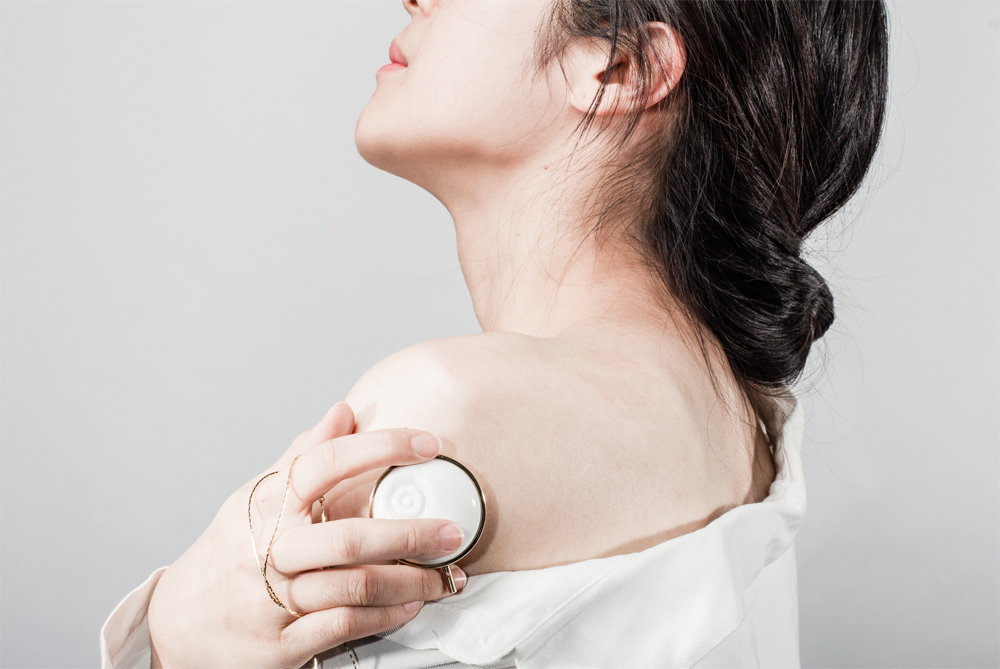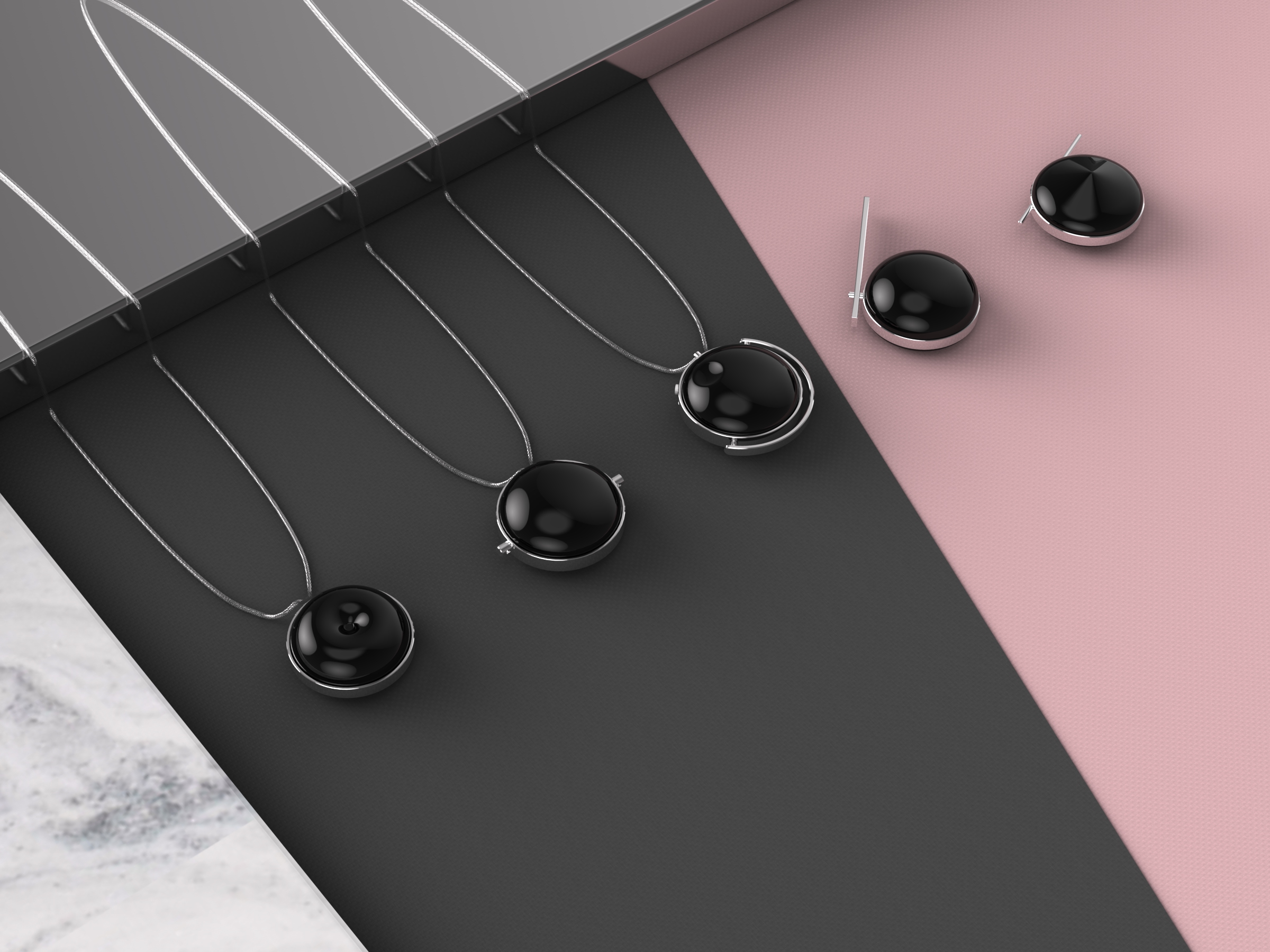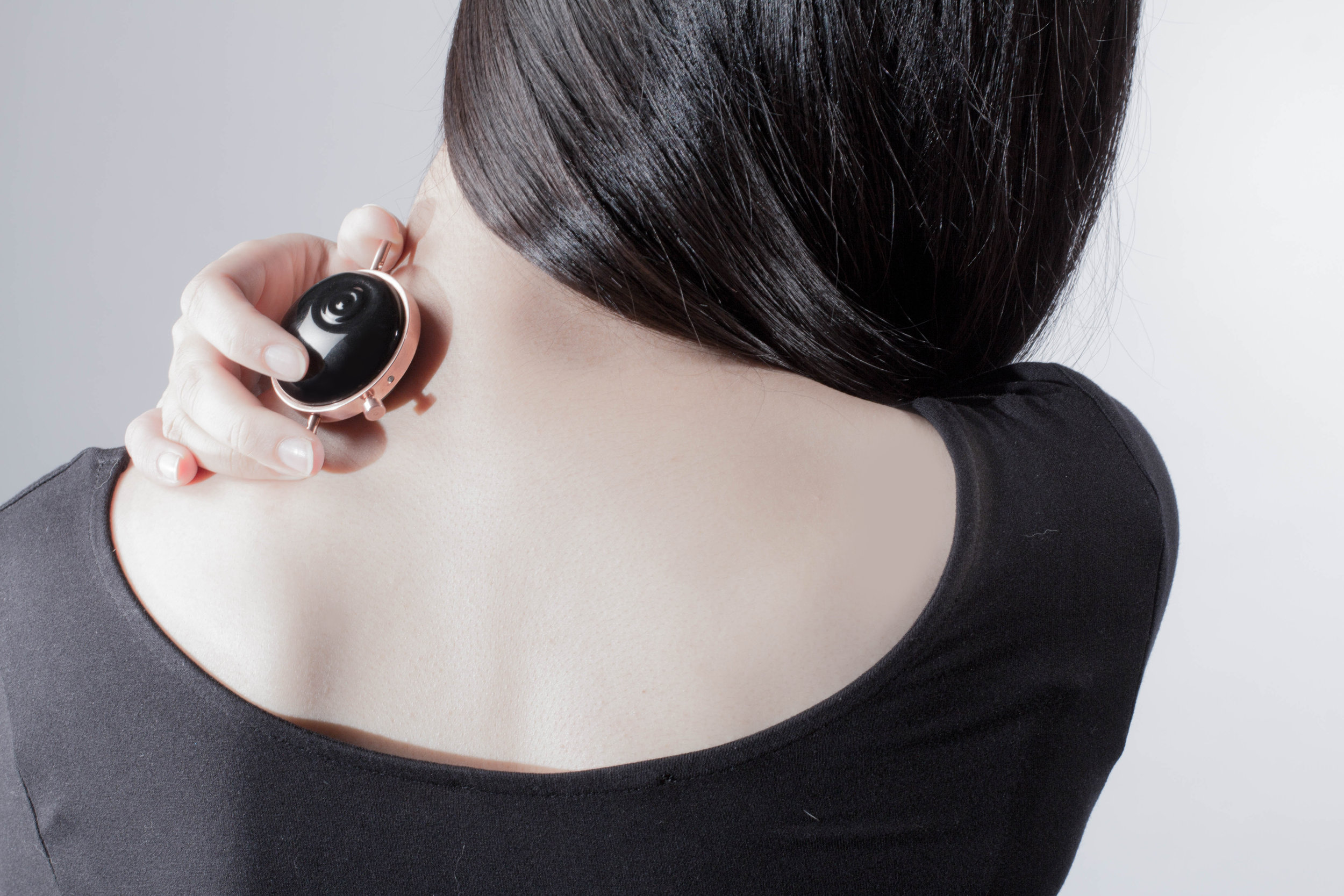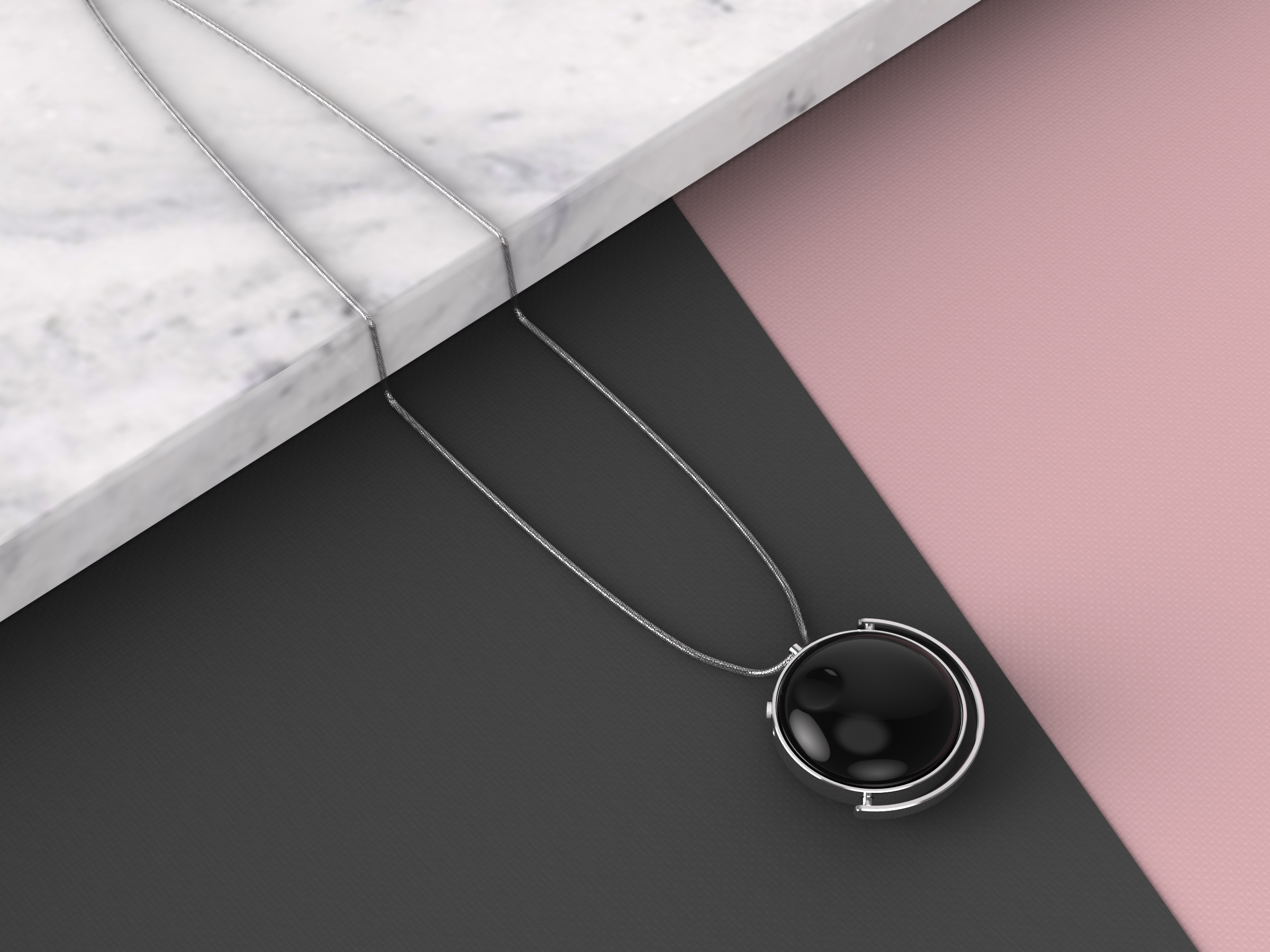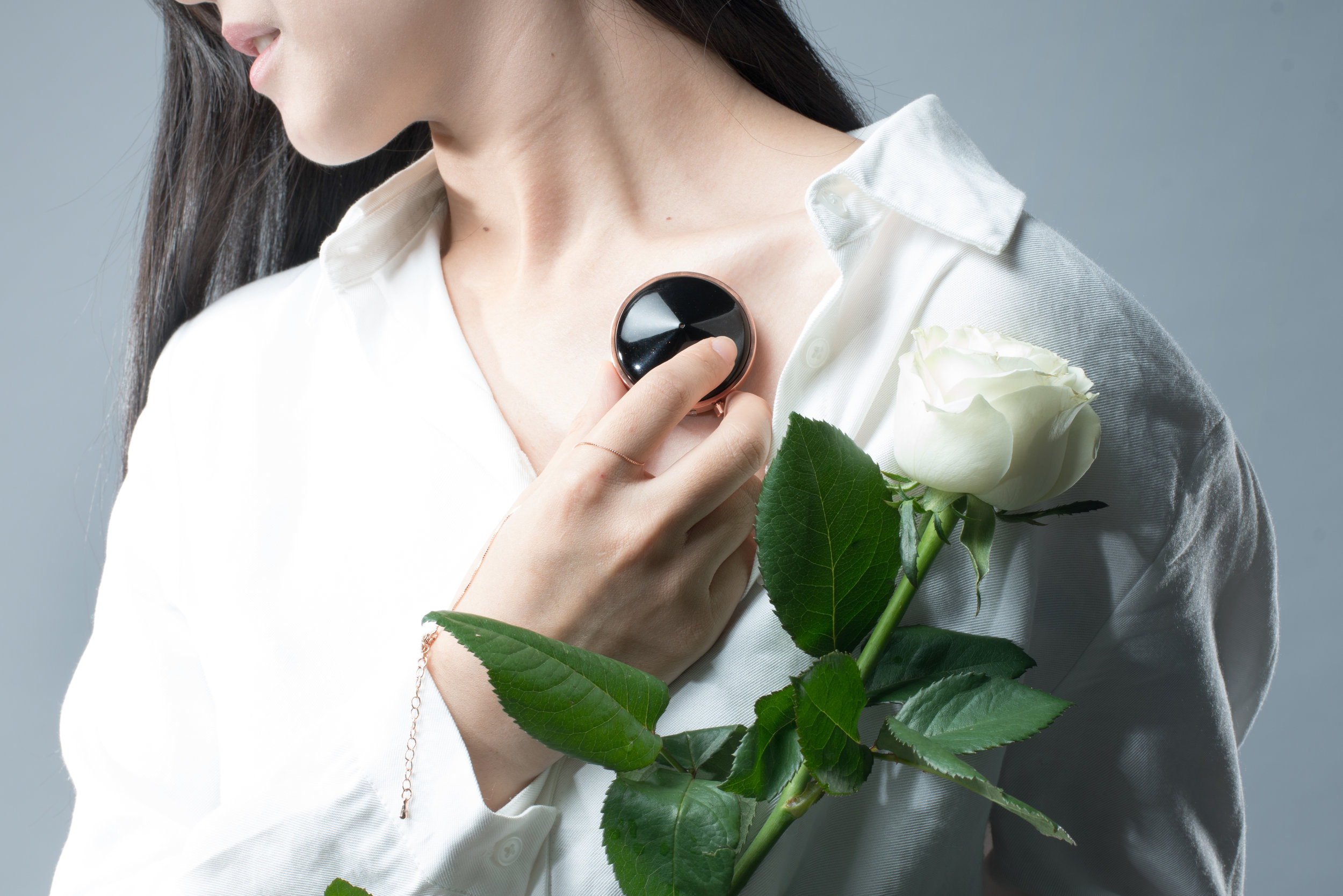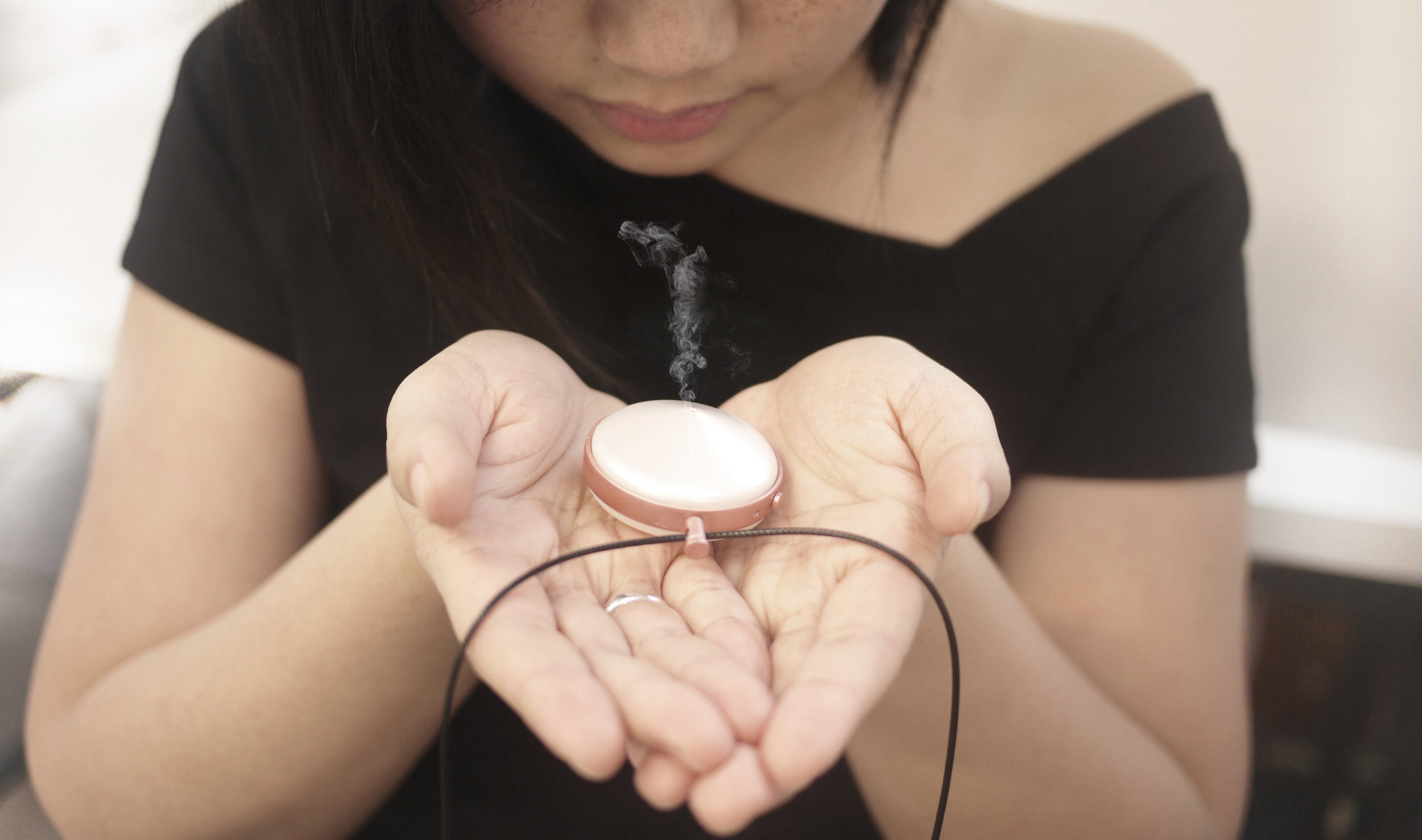WoW Woman in FemTech and SexTech | Wan Tseng, founder and CEO of Wisp
Interview by Marija Butkovic @MarijaButkovic
Wan is a designer, maker, researcher working on FemTech Startup based in London, UK. Her educational background roots in industrial design and she have experience in designing commercial electronic products; she has always worked very closely in the intersections of technology and design specialising in human factors and user experience.
For her, the design is about understanding the individual experience and creating more inclusive spaces for all people. She envisions a future in which sexual education won’t be just a biological topic, but an evolution of the social, emotional, and mental aspects of the human experience. Her startup, Wisp, develops wearable technology for female sexual wellbeing & health. She is also a visiting lecturer teaching at Royal College of Art & Imperial College London.
What is the idea behind Wisp and how did you come up with it?
Wisp is a fem + sex tech startup that exists to empower women, unlocking their sensuality through personal experiences with design and technology. My research started with understanding the differences in sexual arousal with men and women. I started the project with the firm belief that everyone should deserve good sexual experiences. As I dug deeper and deeper, I found that there is such a wide variance of sexuality, sensuality, turn-on triggers, fetishes, and intimacy levels not just for binary genders, but every person. Within these differences, I found a common variance: the key to understanding sexuality and ultimately sensuality is through intimacy. We are focusing on women first. After talking to countless women about their own personal experiences, we’ve realised having good sexual experiences are not about orgasming, but everything up until the orgasm. It’s about communication, connection, teasing, flirting, unexpectedness, comfortability, and trust: all of which encompass various aspects of foreplay. We all know sex is great, but without a good warm-up it can be a pretty lackluster experience.
When did all start and do you have other members in your team?
This all started as a master degree project at the Royal College of Art and Imperial College. As a design and tech focused startup, we have a team of experienced researchers, designers, makers, engineers, creative technologists, business thinkers, and strategist.
How long did it take you to be where you are now?
It’s been 1,5 years including the R+D phase.
What was the biggest obstacle?
We are creating a product in which nothing like this exists in the market, the biggest challenge we have is conveying our product to the public about why you would use our line of products for foreplay. We are so conditioned to think that sex, and only sex as the answer to intimacy, but there is so much more than that when you take the time to understand the connection of your body to another person’s body.
What are your biggest achievements to date?
It’s tough to be a sex-tech startup as many investors and VC firms are very wary to invest in what they think is a heavily adult industry affiliated area. However, things are slowly changing. This year has been the rise of fem-tech startups with #empowerment being the big buzz. Companies like Elvie have gotten investment through Octopus Ventures and AllBright (female focused VC firm) and Dame through Kickstarter; funding from these various channels are opening up and changing attitudes of why sexual health is so important. As a young start-up, we’ve been lucky enough to be the recipients of equity-free funding in the form of grants, competitions, angel investment, and friends and family who have believed in our idea since the very beginning. We are looking for more funding, but are hoping these channels continue to open up as people’s attitudes and perceptions change.
What are the challenges of being an entrepreneur in the niche you are in? How about being a female founder / entrepreneur?
It’s hard to break existing stereotypes of what has been ingrained in our culture for centuries. So when you tell people your the sole female founder and CEO of a sex-tech startup, people either think you work for the adult industry or hyper sexualise you and think you are designing for yourself. For me, it’s about how I convey the idea effectively breaking stereotypes, and changing people’s perceptions on the topic. At the end of the day, it’s about creating an inclusive environment, and moving the discussion forward. I want to be able to talk about sex on a more open platform and not have it be a taboo subject. It’s a natural human act, and everyone does it so why are we so ashamed to talk about it?
Is #WomenInTech movement important to you and if yes, why?
Yes, it should be important for all women. Even if your not working in the field of tech, it’s important to understand how the trend of future smart products will evolve as they will focus more on emotional demands, cultural norms, and user experience. This will drive our virtual experiences more closer to real life. I’m not saying designers do not practice this now - but when more and more females join the tech and design field, the different insights will speed up the process creating a new vitality for smart products. Additionally, we’re seeing women from all backgrounds and colours entering into historically male-dominated fields and that provides for less bias into designed elements like the voices of smart home devices on Google Home and Amazon Alexa. Have you ever thought why all of them are female?
What is the most important piece of advice you can give to all female founders and female entrepreneurs out there?
It can be tough in the beginning. There will be lots of people out there that will shoot down your idea saying it wont work, but as long as you believe in your vision, the journey is extremely fruitful. Appealing to a board of middle-aged white men can be tough to pitch to as an Asian female entrepreneur under 30 focusing on intimacy and sexuality. If you believe in your vision, convey your passion, have a good team, and work hard anything is possible. Keep doing your thing ladies!
What will be the key trends in the wearable tech industry in the next 5 years and where do you see it heading?
Always being connected to tech has adverse effects on people’s everyday lives. In the near future, some people imagine Hyper-Reality from Keiichi Matsuda’s vision, but I imagine that people will want to disengage from such hyper normalised connectivity. Tech will be more intuitive and second skin, but I can see people gravitating more towards low tech for wearables and tech embedded in fashion. People want to be able to engage and disengage on their own will. Individuals are taking more ownership and wanting to understand how things work. With ease of communication and transport, we are also seeing that people are moving a lot more than they used to to different cities, countries, and continents for jobs, education, and other opportunities. This has created a higher number of couples that are in long distance relationships at one point or another (One-in-seven relationships are long distance). How do you create intimacy for couples in long distance relationships? This is a question we’ve been asking a lot at Wisp.
Who are your inspirational women in wearable tech?
Anouk Wipprecht, she is a dutch curator | designer | engineer, she combines fashion & tech to design modern art piece with MCU, her works are really inspiring.
Tania Boler - founder of Elvie, their product is a pelvic floor trainer which solve not only the problems of women bladder, prolapse but also sexual health. She believes that advances in sensor technology and connected devices can make women's lives better. This is what I want to do.
Website: wisp.me.uk
Twitter: @wisp_me
Instagram: @wisp.me
Facebook: @wispme2016
LinkedIn: Wan Tseng
This interview was conducted by Marija Butkovic, Digital Marketing and PR strategist, founder and CEO of Women of Wearables and co-founder of Kisha Smart Umbrella. She regularly writes and speaks on topics of wearable tech, fashion tech, IoT, entrepreneurship and diversity. Visit marijabutkovic.co.uk or follow Marija on Twitter @MarijaButkovic @Women_Wearables @GetKisha.


